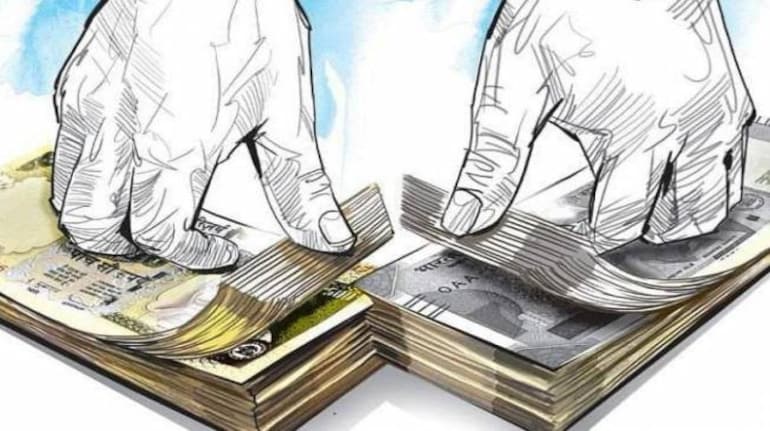



The Rs 2,000 denomination banknote was introduced in November 2016 to meet the currency requirement of the Indian economy in an expedited manner after the demonetisation of Rs 500 and Rs 1,000 notes.
The Reserve Bank of India (RBI), on May 19, 2023, announced that the objective of introducing Rs 2,000 banknotes was met once banknotes in other denominations became available in adequate quantities, and under the pursuance of the Clean Note Policy, it had advised banks to stop issuing Rs 2,000 denomination banknotes with immediate effect.
The Rs 2,000 denomination is not commonly used for transactions, as RBI estimates show that it constituted only 10.8 percent of notes in circulation as on March 31, 2023. In absolute terms, this amounts to only Rs 3.62 lakh crore in 2023, from a peak of Rs 6.73 lakh crore on March 31, 2018, when it constituted 37.3 percent of notes in circulation.
Pain for the informal sector
This is not demonetisation as the Rs 2,000 notes can be exchanged for notes of other denominations till September 30, 2023, and they will continue to be legal tender even thereafter. However, the move can affect segments of the market where cash transactions are predominant.
It is true that cash payments are made to avoid tax. Yet, it is also true that the informal sector is still outside the purview of a full-fledged digital financial system, and this announcement might affect their business. Also, cash-heavy businesses might face transitional issues, temporarily affecting their ease of doing business.
People who have saved or accumulated cash outside the formal banking sector in Rs 2,000 notes will get temporarily affected as they can exchange only up to Rs 20,000 at a time. However, such cash savings outside the purview of the financial system happens mostly in times of financial repression or a low-interest rate regime. Given that the interest rate is not negative, the propensity of people to keep their money in banks and earn interest, instead of keeping it at home, will be relatively higher.
The election factor
The “announcement effect” of this decision is tremendous, coming as it is prior to the polls. The cash in circulation might surge leading up to the elections in five states, and the national polls in 2024. However, the impact on the economy will be limited as Rs 2,000 notes constitute an insignificant share of the currency in circulation, and because it will continue to be legal tender.
With Rs 2,000 notes being exchanged at banks, bank deposits could surge, impacting interest rates. As a result, the rise in short-term interest rates will be moderated.
With this move, the 2016 demonetisation has reached a full circle. However, whether it has achieved its stated objectives is debatable.
A Harvard paper by Gita Gopinath and her co-authors, titled “Cash and the Economy: Evidence from India's Demonetization,” revealed that demonetisation lowered the growth rate of the economy. Another paper by Amartya Lahiri in the American Economic Association journal revealed that demonetisation has not achieved its stated objectives of reducing black money (as black money is a flow problem, not a stock), and pushed the economy into forced formalisation.
Digital currency
The move towards a full-fledged digital fiat money will take time, as cash is still the predominant medium of exchange in India. Though the RBI has introduced the Central Bank Digital Currency (CBDC) in select cities, the efficacy of CBDC as a medium of exchange is still being analysed, prior to scaling it up to other cities in India.
This is not demonetisation as the currency is still legal tender, hence there’ll be none of the aftershocks that followed that sudden event. Nonetheless, even here, the transitional woes and side-effects will only be known as the new rule plays out in the coming months.
Lekha Chakraborty is Professor, NIPFP and Member, Board of Management, International Institute of Public Finance, Munich. Views are personal, and do not represent the stand of this publication.
Discover the latest Business News, Sensex, and Nifty updates. Obtain Personal Finance insights, tax queries, and expert opinions on Moneycontrol or download the Moneycontrol App to stay updated!